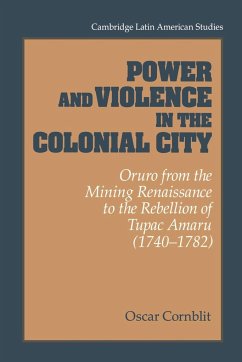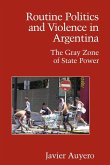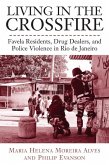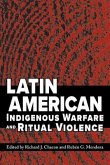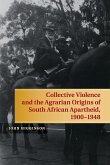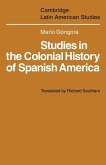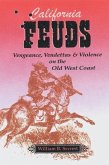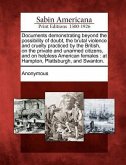This book examines the characteristics of political power in the cities of the colonial Spanish Empire between the 1740s and 1780s, based on a detailed study of the mining city of Oruro in Alto Peru (present-day Bolivia). Special emphasis is given to the specific forms of the exercise of power, assessing in particular the workings of the judicial system and the material opportunities that were open to different bureaucratic officials. Towards the end of this period, the analysis focuses on the Indian uprisings of the 1780s (the rebellions of Tupac Amaru) and the reasons which led to the alliances or confrontations between the actors of the distinct bands, either white or Indian.
Table of content:
Preface; 1. Oruro between two epochs: a mining cycle; 2. Under Spanish law; 3. Oruro in 1741: details of a stormy election; 4. The people; 5. Madmen, comedians, and hypocrites; 6. Captains of shipwreck; 7. Returning to the known; 8. 'The fruits of the earth'; 9. The end of an epoch: the indigenous uprisings of 1780-1781; 10. Oruro in the economic and geopolitical context of the epoch (circa 1780-1781); 11. The Oruro uprising; 12. The voice of the rebels; 13. Picking up the pieces; Appendix; Notes; Bibliography
Hinweis: Dieser Artikel kann nur an eine deutsche Lieferadresse ausgeliefert werden.
Table of content:
Preface; 1. Oruro between two epochs: a mining cycle; 2. Under Spanish law; 3. Oruro in 1741: details of a stormy election; 4. The people; 5. Madmen, comedians, and hypocrites; 6. Captains of shipwreck; 7. Returning to the known; 8. 'The fruits of the earth'; 9. The end of an epoch: the indigenous uprisings of 1780-1781; 10. Oruro in the economic and geopolitical context of the epoch (circa 1780-1781); 11. The Oruro uprising; 12. The voice of the rebels; 13. Picking up the pieces; Appendix; Notes; Bibliography
Hinweis: Dieser Artikel kann nur an eine deutsche Lieferadresse ausgeliefert werden.

